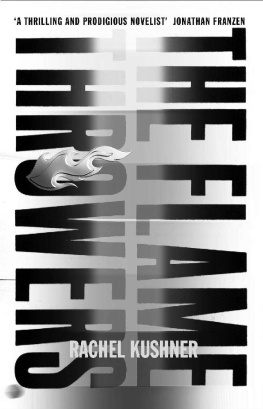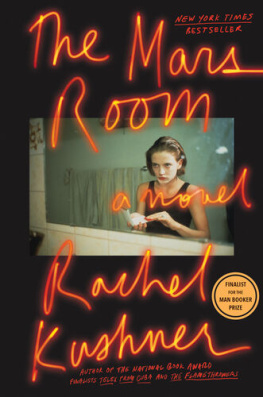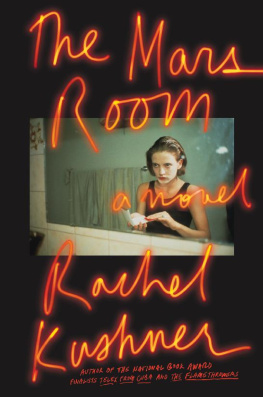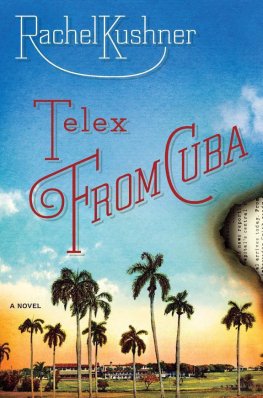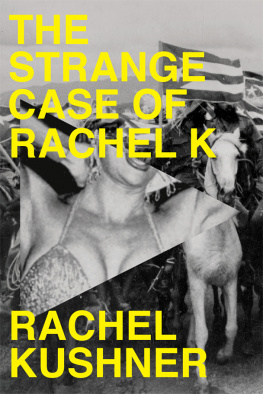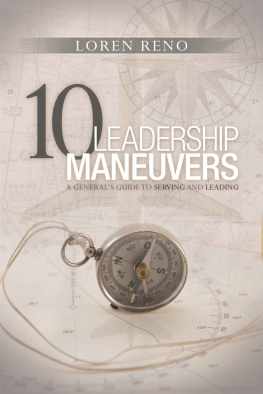Contents
About the Book
The year is 1977 and Reno so called because of the place of her birth has come to New York intent on turning her fascination with motorcycles and speed into art. Her arrival coincides with an explosion of activity in the art world artists have colonised a deserted and industrial SoHo, are squatting in the East Village, and are blurring the line between life and art. Reno meets a group of dreamers and raconteurs who submit her to a sentimental education of sorts. She begins an affair with an artist named Sandro Valera, the semi-estranged heir of an Italian tyre and motorcycle empire. When they visit Sandros family home in Italy, Reno falls in with members of the radical movement that overtook Italy in 1977. Betrayal sends her reeling into a clandestine undertow.
The Flamethrowers is a fearless novel, an intensely engaging exploration of the mystique of the feminine, the fake the terrorist. In the centre of it all is Kushners brilliantly realised protagonist, a young woman on the verge.
About the Author
Rachel Kushners second novel, The Flamethrowers, was a finalist for the 2013 National Book Award and was one of the New York Times Top Ten books of 2013. Named Times Most Popular Book among Critics, The Flamethrowers topped the Best Book lists of 2013, including those of Time, Vogue, Oprah, Slate, the Guardian, the New Yorker, the Observer, The Times, the Telegraph, the Financial Times, the Scotsman, the Herald, and the Evening Standard. New York magazine declared it the number one book of 2013. Kushners New York Times best-selling debut novel, Telex From Cuba, was a finalist for the 2008 National Book Award and the Dayton Literary Peace Prize, winner of the California Book Award, and a New York Times Notable Book. Kushner is the only writer ever nominated for a National Book Award for both a first and second novel. Her fiction and essays have appeared in the New York Times, the Guardian, the Financial Times, Paris Review, and Artforum. She is the recipient of a 2013 Guggenheim Fellowship.
ALSO BY RACHEL KUSHNER
Telex from Cuba
This book is for Cynthia Mitchell.
And for Anna, wherever she is (and probably isnt).
FAC UT ARDEAT
1. HE KILLED HIM WITH A MOTORBIKE HEADLAMP (WHAT HE HAD IN HIS HAND).
Valera had fallen back from his squadron and was cutting the wires of another riders lamp. The rider, Copertini, was dead. Valera felt no sadness, strangely, even though Copertini had been a comrade in arms, someone Valera had sped along with under the Via del Corsos white neon, long before they both volunteered for the cycle battalion in 1917.
It was Copertini who had laughed at Valera when hed crashed on the Via del Corsos streetcar tracks, which could be so slippery on a foggy night.
Copertini considered himself a better rider, but it was Copertini who had been going too fast in the dense woods and slammed headfirst into a tree. His bike frame was mangled, but his headlight bulb had an unfractured filament, which now weakly illuminated a patch of dirt and stiff grasses. Copertinis motorcycle was a different model than Valeras, but they used the same lamp bulb. Valera wanted a spare. A spare would be handy.
He heard the faint whoosh of a flamethrower and the scattered echo of shelling. Combat was on the other side of a deep valley, near the Isonzo River. It was peaceful and deserted here, just the silvery patter of tree leaves moving in the breeze.
Hed parked his motorcycle, left his Carcano rifle fastened to the rear rack, and was working to free the headlight, twisting to loosen the lamp nestle from its socket. It resisted. He was tugging on its anchoring wires when a man darted from behind a row of poplars, unmistakably German, in the green-and-yellow uniform, and helmetless like a rugby player sent into battle.
Valera pulled the heavy brass casing free and went for a dump tackle. The German was down. Valera tumbled after him. The German scrambled to his knees and tried to grab the headlamp, which was just about the size and shape of a rugby ball but heavier, with a braid of cut wires trailing it like a severed optic nerve. Valera struggled to regain control of the headlamp. Twice he grubber-kicked it but somehow the German ended up in possession. Valera grounded him, kneed the German in the face, and pried his fingers from the headlamp. There was, after all, no penalty here for foul play, no one to flash him a red card in the quiet woods. His own platoon was miles ahead, and somehow this lone German was loosed from his pack, lost among the poplars.
The German reared up, trying to shoulder-charge him.
Valera brained him with the headlamp.
2. SPIRITUAL AMERICA
I WALKED OUT of the sun, unfastening my chin strap. Sweat was pooling along my collarbone, trickling down my back and into my nylon underwear, running down my legs under the leather racing suit. I took off my helmet and the heavy leather jacket, set them on the ground, and unzipped the vents in my riding pants.
I stood for a long time tracking the slow drift of clouds, great fluffy masses sheared flat along their bottom edges like they were melting on a hot griddle.
There were things I had no choice but to overlook, like wind effect on clouds, while flying down the highway at a hundred miles an hour. I wasnt in a hurry, under no time constraint. Speed doesnt have to be an issue of time. On that day, riding a Moto Valera east from Reno, it was an issue of wanting to move across the map of Nevada that was taped to my gas tank as I moved across the actual state. Through the familiar orbit east of Reno, the brothels and wrecking yards, the big puffing power plant and its cats cradle of coils and springs and fencing, an occasional freight train and the meandering and summer-shallow Truckee River, railroad tracks and river escorting me to Fernley, where they both cut north.
From there the land was drained of color and specificity, sage-tufted dirt and incessant sameness of highway. I picked up speed. The faster I went, the more connected I felt to the map. It told me that fifty-six miles after Fernley Id hit Lovelock, and fifty-six miles after leaving Fernley I hit Lovelock. I moved from map point to map point. Winnemucca. Valmy. Carlin. Elko. Wells. I felt a great sense of mission, even as I sat under a truck stop awning, sweat rolling down the sides of my face, an anonymous breeze, hot and dry, wicking the damp from my thin undershirt. Five minutes, I told myself. Five minutes. If I stayed longer, the place the map depicted might encroach.
A billboard across the highway said SCHAEFER . WHEN YOU RE HAVING MORE THAN ONE . A bluebird landed on the branch of a sumac bush under the high-clearance legs of the billboard. The bird surfed its slack branch, its feathers a perfect even blue like it had been powder-coated at the factory. I thought of Pat Nixon, her dark gleaming eyes and ceremonial outfits stiff with laundry starch and beading. Hair dyed the color of whiskey and whipped into an unmoving wave. The bird tested out a short whistle, a lonely midday sound lost in the infinite stretch of irrigation wheels across the highway. Pat Nixon was from Nevada, like me, and like the prim little state bird, so blue against the day. She was a ratted beauty-parlor tough who became first lady. Now we would likely have Rosalynn Carter with her glassy voice and her big blunt friendly face, glowing with charity. It was Pat who moved me. People who are harder to love pose a challenge, and the challenge makes them easier to love. Youre driven to love them. People who want their love easy dont really want love.
Next page
